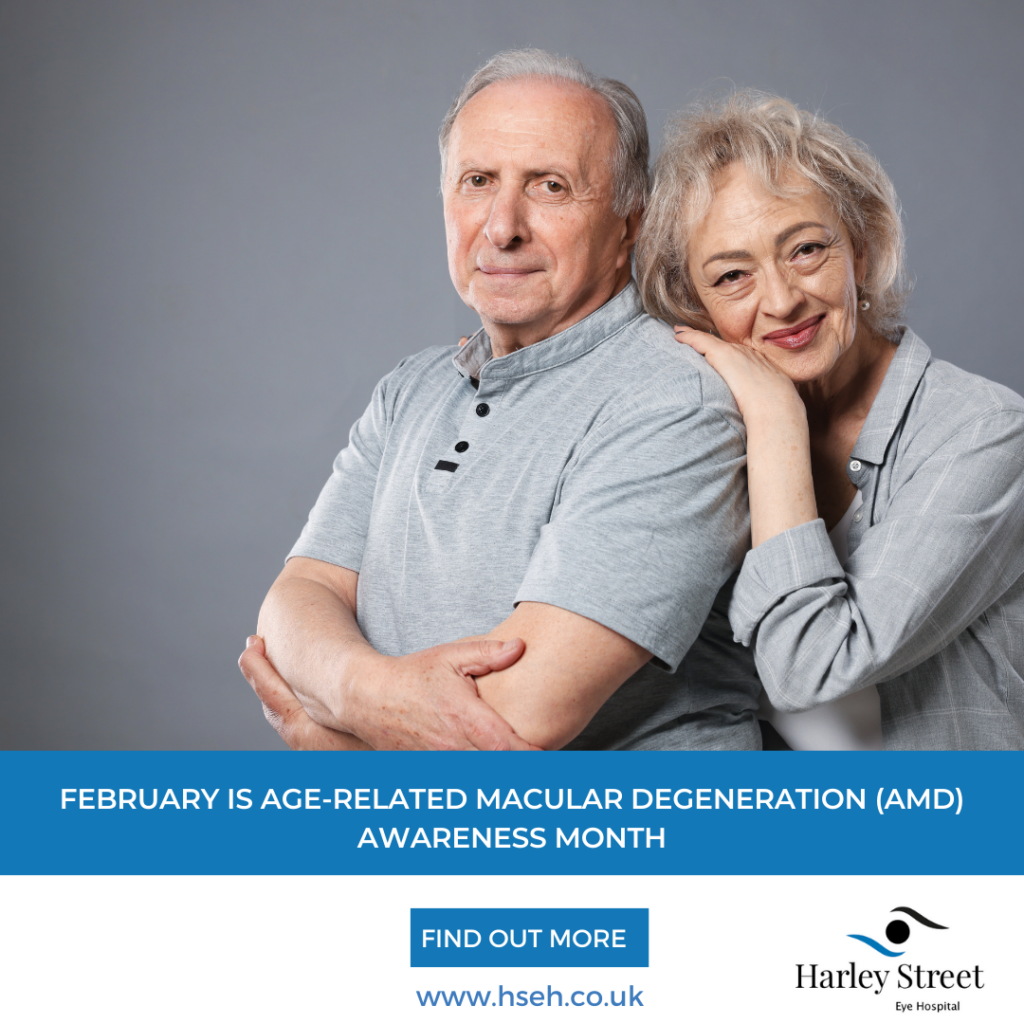Open-angle glaucoma (OAG) is the most common form of glaucoma. It is a chronic and progressive eye condition characterised by the gradual damage to the optic nerve, which is responsible for transmitting visual information from the eye to the brain. The term “open-angle” refers to the angle between the cornea and the iris, which remains wide and open, allowing the aqueous fluid to drain out of the eye.
Key features of open-angle glaucoma include:
Slow Progression: Open-angle glaucoma typically develops slowly over an extended period, and its progression may not be noticeable in the early stages. This makes regular eye exams crucial for early detection.
Increased Intraocular Pressure (IOP): While elevated intraocular pressure is often associated with open-angle glaucoma, it’s possible for the condition to develop even with normal IOP. The optic nerve damage is thought to result from a combination of factors, including impaired blood flow and sensitivity of the optic nerve to pressure.
Peripheral Vision Loss: The initial impact of open-angle glaucoma is often on the peripheral vision, creating what is commonly referred to as “tunnel vision.” As the disease progresses, it can lead to the loss of central vision.
Asymptomatic Early Stages: In its early stages, open-angle glaucoma may not produce noticeable symptoms. Vision loss becomes more apparent in the later stages, underscoring the importance of regular eye examinations for early detection.
Risk Factors: Risk factors for open-angle glaucoma include age (more common in older adults), family history of glaucoma, ethnicity (African Americans, Hispanics, and Asians are at higher risk), high intraocular pressure, and certain medical conditions.
Treatment for this type of glaucoma typically involves lowering intraocular pressure through medications (such as eye drops), laser therapy, or surgical procedures. The goal is to slow or halt the progression of optic nerve damage and preserve vision.
Regular eye check-ups, especially for those at higher risk, are crucial for early detection and management of any types. If you have concerns about your eye health or risk factors, it’s important to consult with an eye care professional for a comprehensive examination and appropriate guidance.
Book in for your consultation here with Mr Vik Sharma, Consultant Ophthalmologist at Harley Street Eye Hospital.





0 Comments